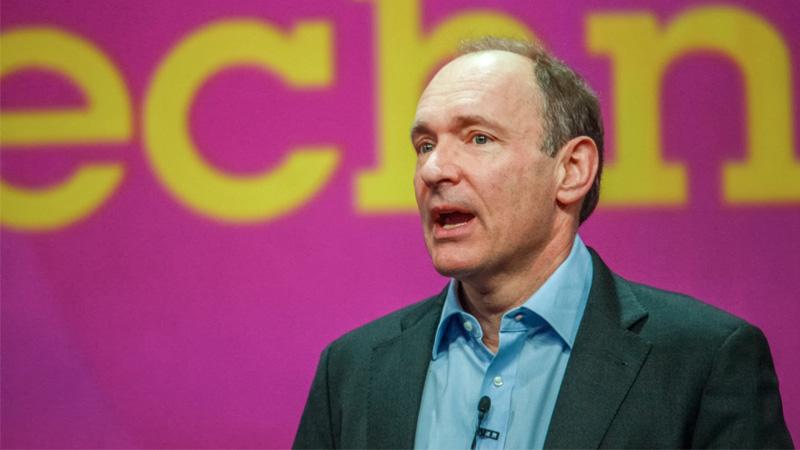Dr Pieter Verdegem, Senior Lecturer in Media Theory, wrote an article for The Conversation about Tim Berners-Lee’s plan to save the internet and giving people control of their data.

In the article, Dr Verdegem discussed the inventor of the world wide web Tim Berners-Lee’s plan to save his invention to return the internet to the golden age and give people back control of their data.
Discussing this plan, he wrote: “This involves his brand of ‘data sovereignty’ – which means giving users power over their data – and it means wrestling back control of the personal information we surrendered to big tech many years ago. Berners-Lee’s latest intervention comes as increasing numbers of people regard the online world as a landscape dominated by a few tech giants, thriving on a system of ‘surveillance capitalism’ – which sees our personal data extracted and harvested by online giants before being used to target advertisements at us as we browse the web.”
He added: “Applied to all web users, data sovereignty means giving individuals complete authority over their personal data. This includes the self-determination of which elements of our personal data we permit to be collected, and how we allow it to be analysed, owned, stored and used. This would be in stark contrast to the current data practices that underpin big tech’s business models.”
Berners-Lee has created a new system called “pods” or personal online data stores, which support this idea of data sovereignty. Dr Verdegem wrote: “Pods work like personal data safes. By storing their data in a pod, individuals retain ownership and control of their own data, rather than transferring this to digital platforms. Under this system, companies can return access to an individual’s pod, offering certain services in return – but they cannot extract or sell that data onwards.”
Read the full article on The Conversation’s website.
Find out more about the Data, Culture and Society MA course at the University of Westminster.


